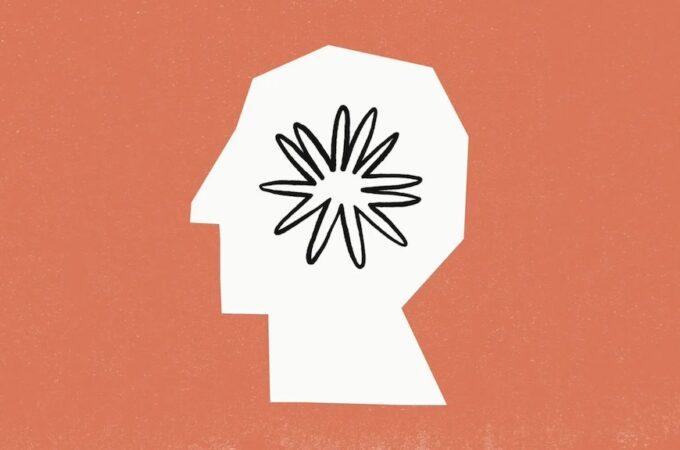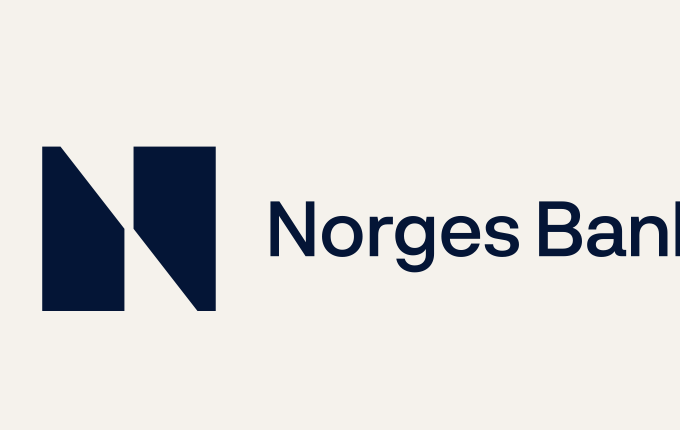Does Open Banking mean the end of card payments?
By Gavin Scruby – SmartDebit
The first generally useful application of Open Banking is here in the UK. While it will be some time yet before it gets much use, new organisations soon will be able to initiate payments between bank accounts on a consumer’s behalf. This creates a new layer between consumers and banks, hopefully spawning novel ideas and services. Moving the centre of payments away from banks though causes significant shifts in the market, and could well affect the dynamic around banks’ payment card cash cow.
Any authorised organisation can now make payments; it doesn’t need to be a bank. That’s already the case with cards you might think. But cards are expensive for a company to process. Alternative systems such as Direct Debit (account to account transactions) are often much cheaper, especially when a payment is recurring, but for non-recurring payments Direct Debit is not ideal. What is a payment card fundamentally though? It’s just a token that along with a PIN or signature, identifies a payer and payment source. With Open Banking, that token is your bank details, nothing physical needed, along with the authentication mechanism (likely to be through a phone) chosen by the account-owning bank.
If a company uses Open Banking APIs to process payments instead of cards, it could save a lot of money, both because there is no physical token needed, and because there will be a lot more competition; the barrier to entry is lower by design.
Big online retail organisations will be doing this already. They process a huge number of card payments. If they could bypass both the cost (from the card processors) and effort (following up expired cards, fraudulent cards etc.) by processing account-to-account, they would do it. It would be so much easier to store bank account records than credit cards from a compliance perspective too (though I think that will change). Of course we’ve made an assumption here: Open Banking transactions will have a similar saving on credit cards that Direct Debit does. There’s nothing to suggest that this will not be the case so far, but banks will not want to lose these margins and will be looking very creatively at ways to keep them.
This leads us to the sensationalist title of this article. We will soon have a payment mechanism that needs no physical token or infrastructure (using an authenticator that most people carry with them), is cheaper through greater competition and uses the bank account itself directly as the payment source. It will take quite some time to change, but what is the point of payment cards then? Outside of niche use cases such as going on holiday to other countries, pre-paid loaded cards or situations where you need a physical token, cards seem like a payment hack that have had their time.
Chip and pin became mandatory in the UK twelve years ago. There are adults now who have never seen a credit card pushed through the carbon roller mechanism that existed before chip and pin. Changes of convenience become normalised very quickly. We may soon see a time where physical payment cards are looked at in the same way we look at audio cassettes today. I for one miss cassettes; who will say the same for payment cards?





